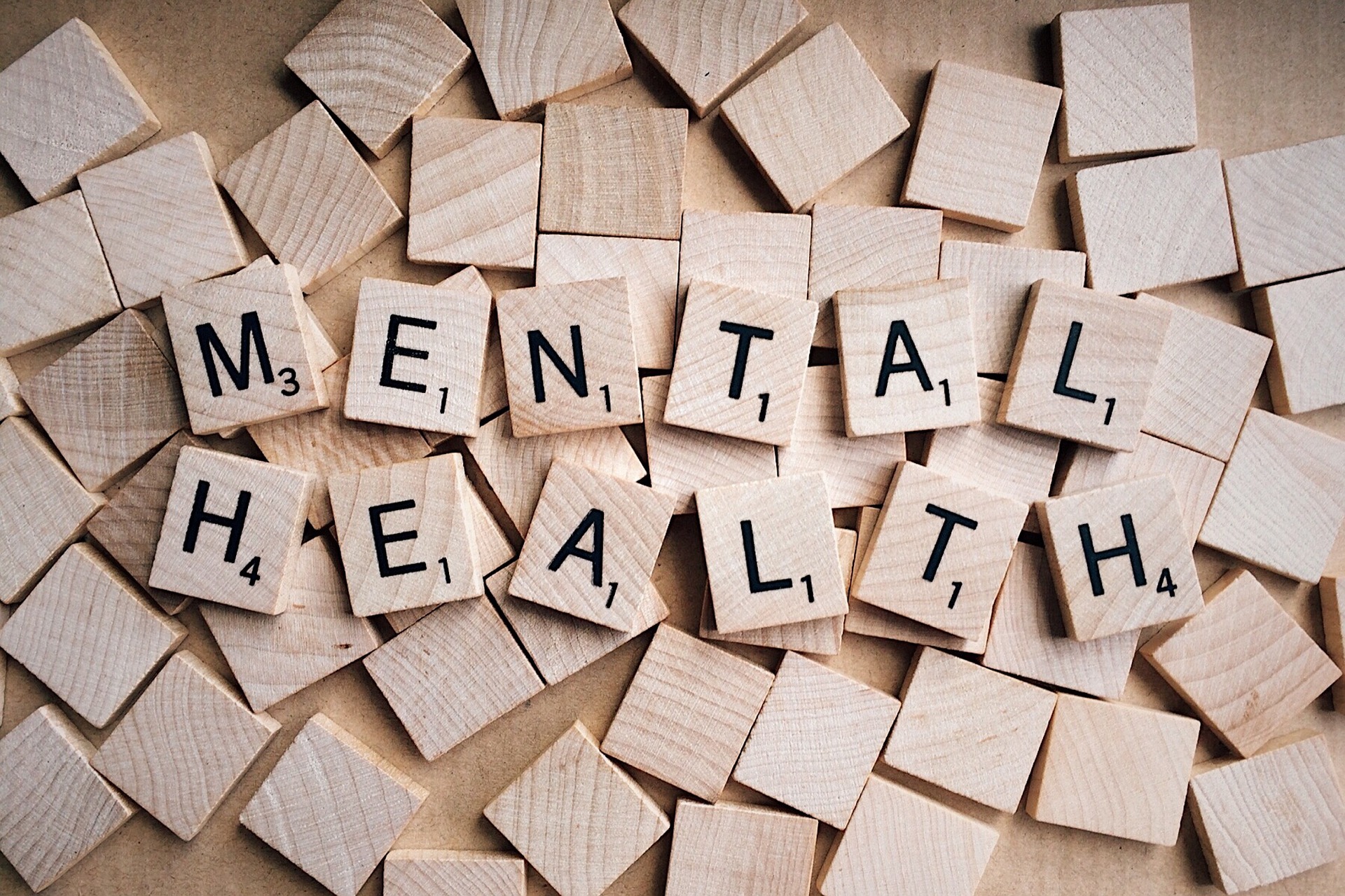
 Whenever a new treatment for mental health comes along, people are quick to take notice. Patients with depression, anxiety and other psychological disorders have gotten a rough deal over the years, with medication that is notorious for causing side effects, being addictive and even – in some cases – ineffective. This has been particularly apparent with SSRI antidepressants, which have ultimately proven a false dawn with many who suffer from depression.
Whenever a new treatment for mental health comes along, people are quick to take notice. Patients with depression, anxiety and other psychological disorders have gotten a rough deal over the years, with medication that is notorious for causing side effects, being addictive and even – in some cases – ineffective. This has been particularly apparent with SSRI antidepressants, which have ultimately proven a false dawn with many who suffer from depression.
Fast forward to 2019, and cannabidiol (CBD) products are quickly building a reputation as natural anxiolytics, antidepressants and even antipsychotics. These e-liquids and edibles, which are made from non-intoxicating hemp-based extracts, have a unique impact on the body, funnelling most of their effects through the endocannabinoid system (ECS). Solid clinical evidence on CBD’s therapeutic value for various mental illnesses is still lacking, but that’s simply due to a lack of research on the cannabinoid, and cannabis in general. Many of those taking wholesale CBD products claim they help them more than prescription drugs ever did.
So, who’s right? Is CBD really a panacea for mental health problems, or is it just the latest in a long line of supposed solutions that flatter to deceive? Let’s take a closer look at CBD’s potential effect on depression, anxiety and psychosis.
Depression
Traditional SSRI antidepressants are meant to work by making more serotonin available in the brain, by inhibiting reuptake. Serotonin is a complex neurotransmitter with multiple functions, and is involved with mood regulation. However, with it now clear that boosting serotonin levels is not enough to treat depression, researchers must start exploring other areas.
CBD has shown it can relieve depressive symptoms in rodent models, with a single dose enough to deliver benefits for up to seven days. And while CBD does influence the serotonin system somewhat, it appears that its primary antidepressant effect comes by treating neuroinflammation, or inflammation of the brain. Neuroinflammation to the hippocampus, prefrontal cortex and other brain regions implicated in mood and emotional procession is increasingly considered a cause for certain types of depression.
CBD helps to treat this problem by reversing structural damage and repairing neuronal circuitry through a process called neurogenesis – literally the creation of new brain cells. CBD achieves this effect by increasing levels of brain-derived neurotrophic factor (BDNF), a vital protein. BDNF concentrations are increased by CBD administration, and researchers can tell when the cannabinoid’s effects are wearing off when BDNF starts to decline.
It’s now crucial that studies similar to those carried out on rodents are conducted on humans. Scientists should look to experiment with both CBD-isolate and full-spectrum hemp extracts, and utilize neuroimaging to determine CBD’s therapeutic effects. CBD should also be tested as both an alternative to SSRIs, and as a complementing treatment.
Anxiety
SSRI drugs are also used to manage anxiety. They are preferred to other approved pharmaceutical treatments since they have fewer side effects. But given patients often need to take these drugs for months or even years, they are far from ideal. Moreover, the slow response time of SSRIs for anxiety means that they cannot provide the instant relief needed to suppress the acute symptoms of both generalized and social anxiety disorder.
In comparison, not only is CBD effective for anxiety according to the studies that we have, but the beneficial effects of treatment are not delayed. CBD tincture oils, for instance, have a therapeutic impact within minutes of consumption. CBD vape oils work even more quickly. This is great for patients, as the ability to reduce symptoms in minutes as opposed to months allows them to enjoy a higher quality of life, and one that isn’t burdened by anxiety.
Psychosis
Psychosis is a mental disorder that can trigger delusions and hallucinations. The cannabis plant has been discussed in relation to psychosis for years, but overwhelmingly as a negative because of its psychoactive effects. However, since CBD is non-psychoactive, it’s not at risk of causing psychotic outbreaks. And in fact, some evidence suggests that CBD has potential as an antipsychotic.
A 2018 study from King’s College London showed how CBD may help “reset” the brain to reduce psychotic symptoms. And interestingly, CBD’s effect was “completely different” to those of traditional antipsychotics according to the study’s leader. In addition, CBD treatment was well-tolerated by those who took part, and did not cause excessive sedation or muscle tremors, both common antipsychotic side effects. While CBD is not set to become an approved antipsychotic in the immediate future, this research highlights the need for a more comprehensive study.

